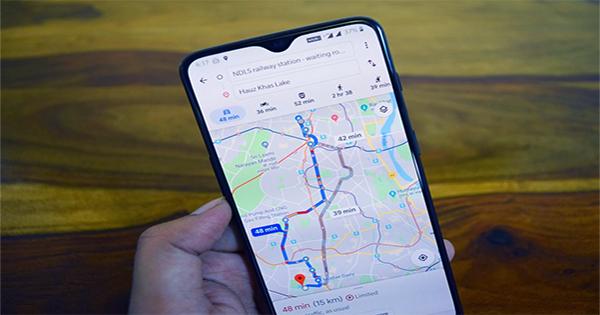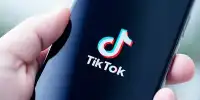Another illustration of how access to technology and social media has become a significant battleground in Russia’s invasion of Ukraine is that Google Maps has blocked live traffic data in Ukraine. After conferring with regional officials in Ukraine, Google confirmed the decision to Reuters, stating that it was made to safeguard the safety of local residents. Users should still be able to use the app to identify a destination because map navigation capabilities are operating normally in the region, but Google is restricting live information that displays how crowded highways, restaurants, stores, and other venues are at any given time.
This may appear to be a simple step, but it has been demonstrated that this data may be used to track the presence of soldiers or people in a conflict zone. Dr. Jeffrey Lewis, a professor at the Middlebury Institute of International Studies in California, tweeted this image demonstrating how Google Maps marked up a “traffic congestion” near the Russia-Ukraine border at 3:15 a.m. on the morning of the invasion – not a time of day often associated with traffic jams. He believes the location data acquired from the smartphones of individuals fleeing the war was used to generate the traffic congestion alarm.
“It’s quite unlikely that the traffic data came from soldiers using smartphones.” Instead, people are likely to become trapped at checkpoints, which @googlemaps is tracking,” Dr Lewis said. “I believe this will be the end of our ability to track movement via @googlemaps, since I doubt many people would attempt to use these routes.” However, if individuals try to flee advancing Russian soldiers, road congestion may occur,” he said. There’s no proof that either side has used this tactic yet, but it’s a possibility.
In the ongoing struggle, controlling access to other applications, media, and social networks has been a frequent issue. YouTube, Facebook, Instagram, and TikTok have all taken efforts to block or limit state-sponsored Russian media sources across Europe, much to the chagrin of Moscow, which has accused huge digital companies of “censorship.” On the other hand, it appears that Russia has sought to limit the flow of information out of the country by restricting access to Twitter.
According to BBC News’ Moscow Correspondent Steve Rosenberg, Twitter is “severely limited,” and his message took an abnormally long time to appear. Twitter has recognized the issue and stated that it is striving to guarantee that their service stays secure and available in order to facilitate the free flow of essential information emanating from both Ukraine and Russia at this difficult moment.














